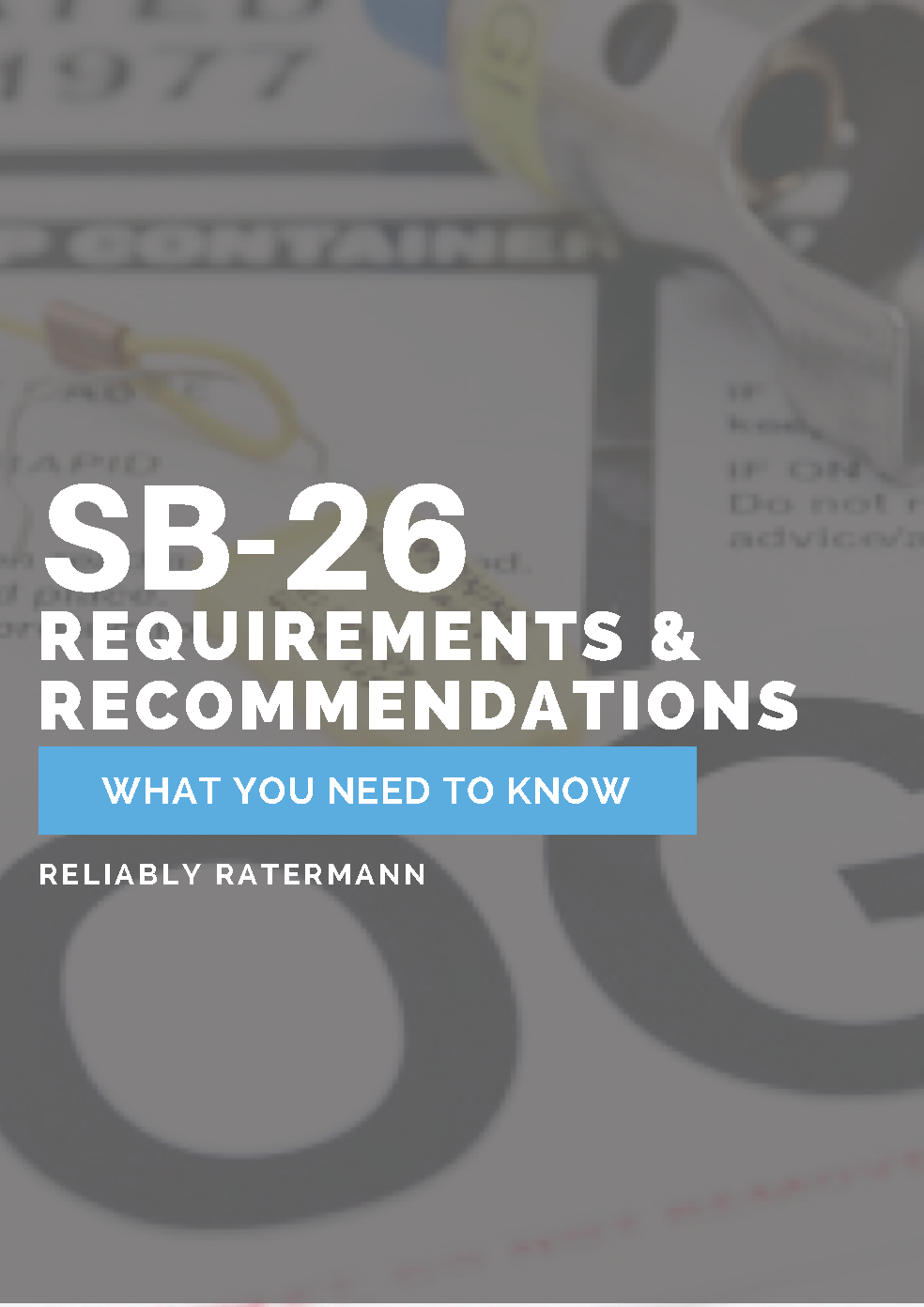Ratermann Learning Center
A hub providing relevant information and updates on industrial gas, cryogenics, and CGA regulations, as well as industry specific solutions for fill plants, beverage distribution and medical gas supplies.

By:
Craig Pagano
September 13th, 2023
Empty cylinders are often stowed away outdoors, where a variety of factors like temperature and humidity fluctuations can cause oxidation and eventual corrosion of the cylinder body. Any corrosion can decrease cylinder durability by risking contamination from external particles, which create further damage. (See our quick refresher on cylinder storage best practices here.)

hydrogen | herose | relief valves
By:
Lance Looper
September 7th, 2023
Hydrogen embrittlement, sometimes called “metal embrittlement,” is a common problem for hydrogen service, and one that can be prevented by choosing properly designed valves for low-temperature hydrogen service. In this blog, we explain what hydrogen embrittlement is and what can be done to prevent it.

Refresh your understanding of the critical preventive measures that have been shown to save lives by subscribing to our blog for a free download of our guide: Ratermann's guide to SB-26 & our reccomendations to prevent gas mix-ups.

taylor-wharton | labels | cylinder safety | liquid cylinders
By:
Craig Pagano
August 30th, 2023
Just like any component of a liquid gas system, cylinders also need routine inspection and general maintenance to prevent small problems from growing into catastrophic failures. The tips below serve as a general guideline for most cylinder types, and are easy to incorporate into a regular inspection schedule and employee training.

By:
Lance Looper
August 24th, 2023
Hydrogen, specifically green hydrogen, is growing in popularity as countries and industries look for climate-friendly energy solutions that reduce reliance on fossil fuels. As demand grows, so does the need for developing a safe, reliable infrastructure that makes that transition more feasible.

By:
Craig Pagano
August 16th, 2023
Sometimes, it’s the small things that make all the difference – like liquid cylinder labels. When time is of the essence, you need clear, concise information to prevent confusion and possible catastrophe. You also want your company information easy to find when customers need refills or have a service question. With custom liquid cylinder labels, Ratermann has you covered.

cryogenic valves | generant | valves | relief valves
By:
Lance Looper
August 9th, 2023
When it comes to hydrogen systems, high-quality stainless steel is the rule, not the exception. Resistant to rust, discoloration and warping, stainless steel performs exceptionally well under harsh conditions. Not only relied upon for hydrogen systems, stainless steel components are also critically important in high-purity applications like cannabis extraction and oxygen service, where high quality is a necessity, not an option.